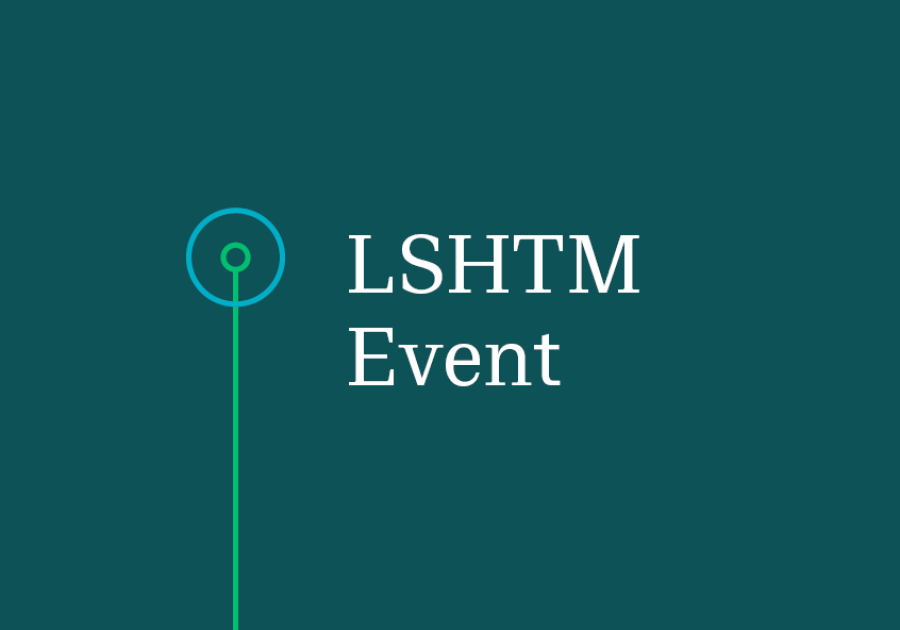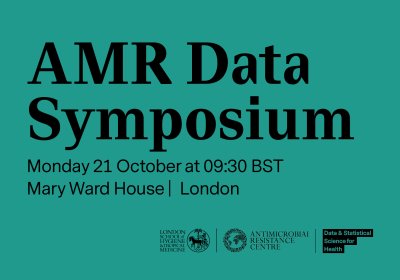Bayes, buttressed by design-based ideas, is the best overarching paradigm for sample survey inference

This seminar will cover conceptual arguments and examples suggesting that the Bayesian approach to survey inference can address the varied challenges of survey analysis.
The speaker will discuss how Bayesian models that incorporate features of the complex design can yield inferences that are relevant to the specific data set obtained, but also have good repeated-sampling properties. Examples will focus on the role of auxiliary variables and sampling weights and methods for handling nonresponse.
Speaker
Professor Roderick Little, Richard D. Remington Distinguished University Professor of Biostatistics at University of Michigan.
Roderick J. Little is Richard D. Remington Distinguished University Professor of Biostatistics at the University of Michigan, where he also holds appointments in the Department of Statistics and the Institute for Social Research. He chaired the Biostatistics Department at Michigan for 11 years. He has over 250 publications, notably on methods for the analysis of data with missing values and model-based survey inference, and the application of statistics to diverse scientific areas, including medicine, demography, economics, psychiatry, aging and the environment. Little is an elected member of the International Statistical Institute, a Fellow of the American Statistical Association and the American Academy of Arts and Sciences, and a member of the National Academy of Medicine. In 2005, Little was awarded the American Statistical Association’s Wilks Medal for research contributions, and he gave the President’s Invited Address at the Joint Statistical Meetings. He was the COPSS Fisher Lecturer at the 2012 Joint Statistics Meetings.
Admission
Contact



